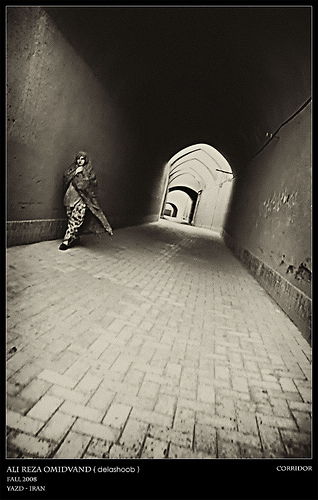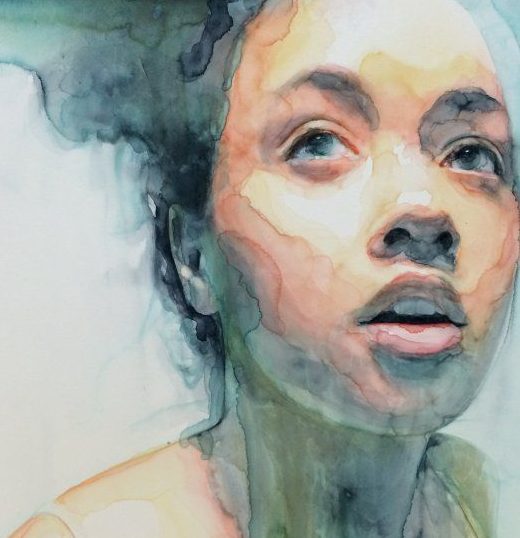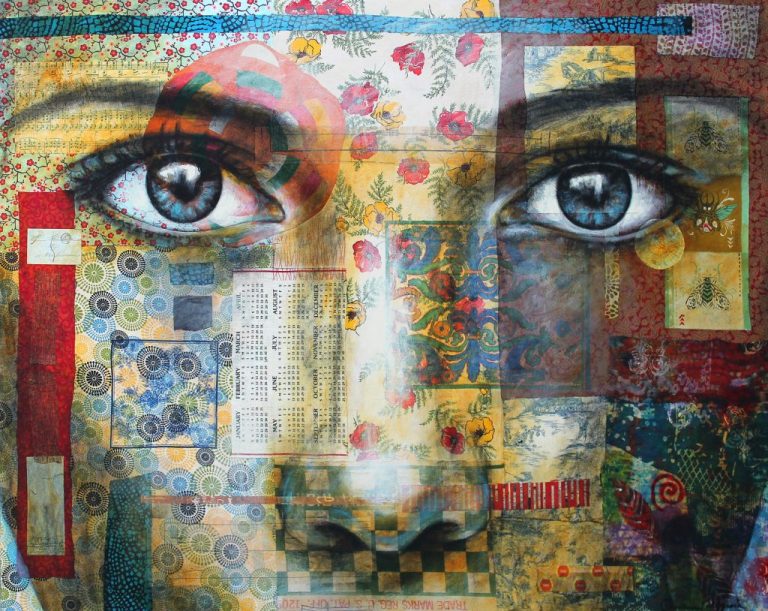The Importance of Creating a Rich History for Your Characters
For this week’s Throwback Thursday, we’re looking at excerpts from popular past posts on Live Write Thrive.
From History as Mystery:
I mentioned how it’s not all that helpful (or interesting) to spend time creating the outward attributes of your character, for what really shapes a person is their history. I showed how by creating and exploring a character’s past hurt or wound you can determine the way she looks at herself and the world. When your character believes lies about herself and her world because of this hurt, she creates a persona that’s not her true self. And when someone is not their true self, they feel restless, unhappy, and lost. Which spurs them on their journey to find their essence. It’s the place she needs to get to, and her journey through the novel is not just aimed at her reaching her visible plot goal but also her spiritual goal of embracing her essence or who she truly is. Remember the sixties and how we were all about “finding” ourselves? This is the same thing but without the drugs.
Create Some History
So, once you’ve established this key, pivotal element or incident (or series of incidents) that have made her who she is at the start of the story, you’ll want to create some more history. With that major task out of the way, the next step is giving your characters an entire life. This doesn’t mean you have to write or know every single second in their past. But you want to create enough of a past that they fill out. And the events and history you create need to be homogeneous with who they are now as well as fit in with your plot.
I really love Elizabeth George’s book Write Away. She has a whole section showing how she freewrites about a character, and I think she’s spot on (okay, she writes British mysteries so I had to say that). I take her writing advice seriously because she’s one of my favorite authors and a terrific writer. And nobody, at least in my opinion, writes better characters. So I want to be like her!
She has a prompt sheet that she uses to do a workup on each main character. It lists things like core need (heard that one recently?), ambition in life, gestures when talking, age, best friend, strongest character trait, weakest trait, hobbies, what she does alone, and other details both physical and internal. She also lists “significant event that molded the character” (which is a variation of my “wound caused that makes them believe a lie”). She also reprints a number of pages that she typed while freewriting about a protagonist in one of her novels. Which is what I’m suggesting you do.
Getting to Know You
Take some quiet time, just you and one of your characters, and get to know each other. Start writing about her. Let the words flow and don’t edit yourself or censor. Start talking about who she is, where she came from, what she thinks and cares about. Just ramble. As writers we know all about creative inspiration, and we experience it (hopefully often) while we write our scenes. Call it muse or divine inspiration, but freewriting, like journaling, can draw from a deep well of experience and emotion. Things just float to the surface of the mind when you do this, and I will guarantee that some of your best ideas for your character will come through this exercise. You are delving into the mystery of your character, and this exercise will bring out their secrets.
James Bell has a different suggestion that’s a variation of this exercise. I tend more easily to do this character work in third person, as George outlines. But his idea is to write in first person and let the character talk to you, emote, rant, go off anywhere she likes. You may want to do this for an hour, or a number of times over days. When I wrote Intended for Harm I decided I would give each character one full day of my attention, and so as I went through my day, not just while sitting and freewriting and ideating but also while making dinner and vacuuming the house, I conversed with and meditated on my character and let them grow organically. I think that’s a great word to use because I don’t believe you can force a character to appear in all her fullness in a few minutes. Like a good stew, she needs time to simmer so the flavors can come out. (Okay, that’s a weird simile but, oh well).
Interestingly (and what I love best about writing fiction!), at some point the characters become real to you. As your personality and needs and fears and passions start infiltrating into your characters, you start to care about them. If you are starting your novel and you don’t care at all for all your main characters (including your antagonist), you haven’t done enough homework. I can’t stress how important this is. Doing or not doing this work might mean the difference between an okay novel and an amazing one. And who wants just an okay novel? Not me, no way.
Reduce It Down
Of course you aren’t going to use all the material in those fifty pages you wrote. Go through and highlight the key lines that work great in characterizing your character and pick the bits of history that make her the unique person she is. You may only use a small bit in your novel, and maybe almost none of all that history you wrote. So why do it? Because knowing your character’s history will show even if you don’t write about it.
Trust me, it’s true. You can tell when someone truly knows their character inside and out, even if they tell you almost nothing of their past. You need to know all that because it will shape how you write her in every scene–her speech, thoughts, movements, choices, etc. At some point you will feel you are ready to tell her story. I always know when that moment is. And if I’ve done my work and planned out my novel (which involves those cool charts and index cards), I’m good to go. Do I ever get writer’s block? Never. Really. I never have. And it’s not because I’m so amazing, because I’m not. It’s because by the time I’m ready to start, I am so bursting with story and theme and character that the story just spills out. I believe you can be the same if you do your prep work and resist beginning until the pieces are in place. Think about it for your next novel.
For more help on developing characters, be sure to download my extensive CHARACTER DEVELOPMENT SHEET. By spending time creating a history for your characters—not just your protagonist but all your main and secondary characters—you will take your story to a much higher level of believability, which results in greater reader satisfaction!
Feature Photo Credit: Croydon girl via Compfight cc












Free writing really works for me. Using first person I once discovered why one character was a bully and what he really wanted in the scene. I also use this technique when I’m staring at a blank screen, unsure how to start a chapter. I begin free writing and before long find myself lost in the scene, the words flowing.
Thanks for a great post. Elizabeth George and James Scott Bell are two of my writing gurus, too!
This is so true – one’s characters really do demand that you get to know them! Then they tell you which stuff to biff!
At Mt. Hermon, Karen Ball described how she has coffee with her characters to get to know them 😉
Writers need to know all of their characters intimately even if they don’t included much of their history in the novel. Thank you for this. I’ve shared generously online.
You’re welcome!
I find it very helpful to have the characters talk in first person. It allows me to get a good look at their personality. Thanks for sharing this.
As I’m doing the freewriting, what criteria should I use for making choices about the character’s history and personality? I always feel like there’s something (some habitual gesture, family background, favorite cocktail . . .) that I should pick over other options because it will lead to a more compelling character and story. But I don’t know how to judge what the best choice is, so I end up picking something arbitrarily. Thanks for this great article, and for the whole site!
Read today’s post about creating brilliant characters. That should help a lot!